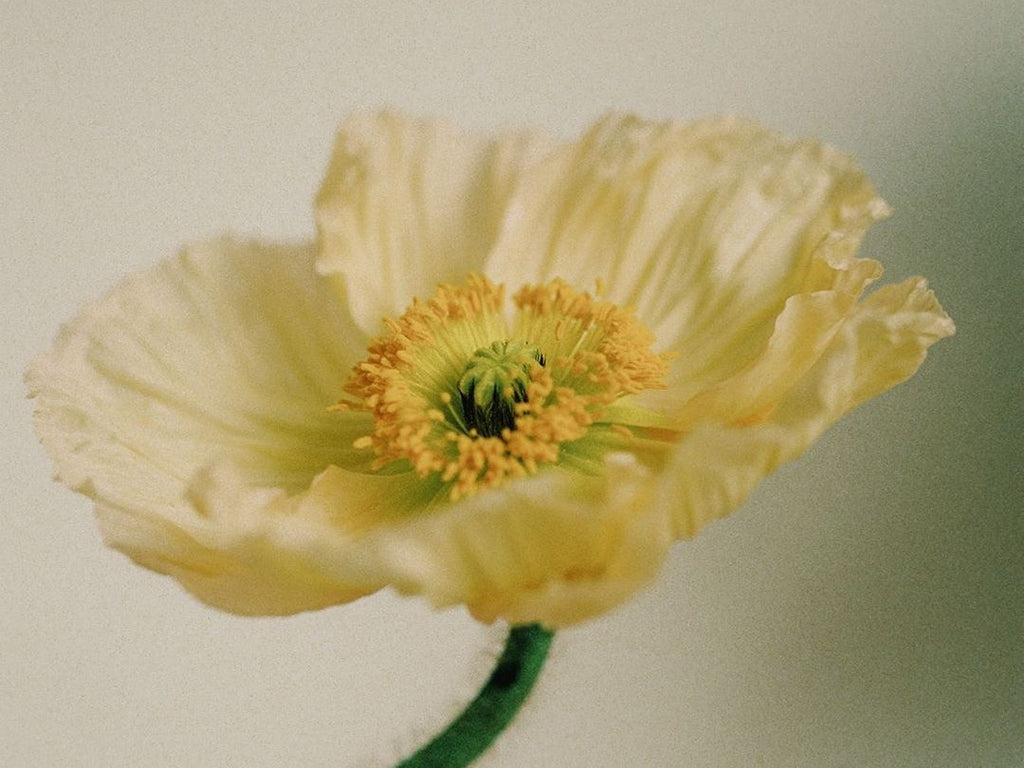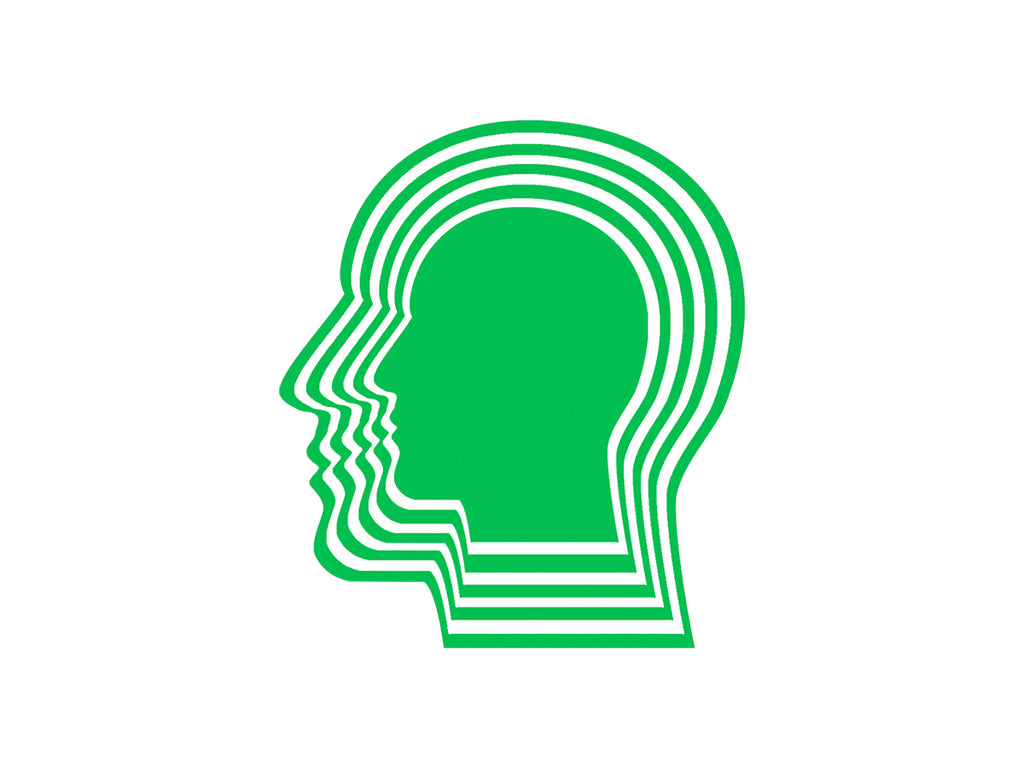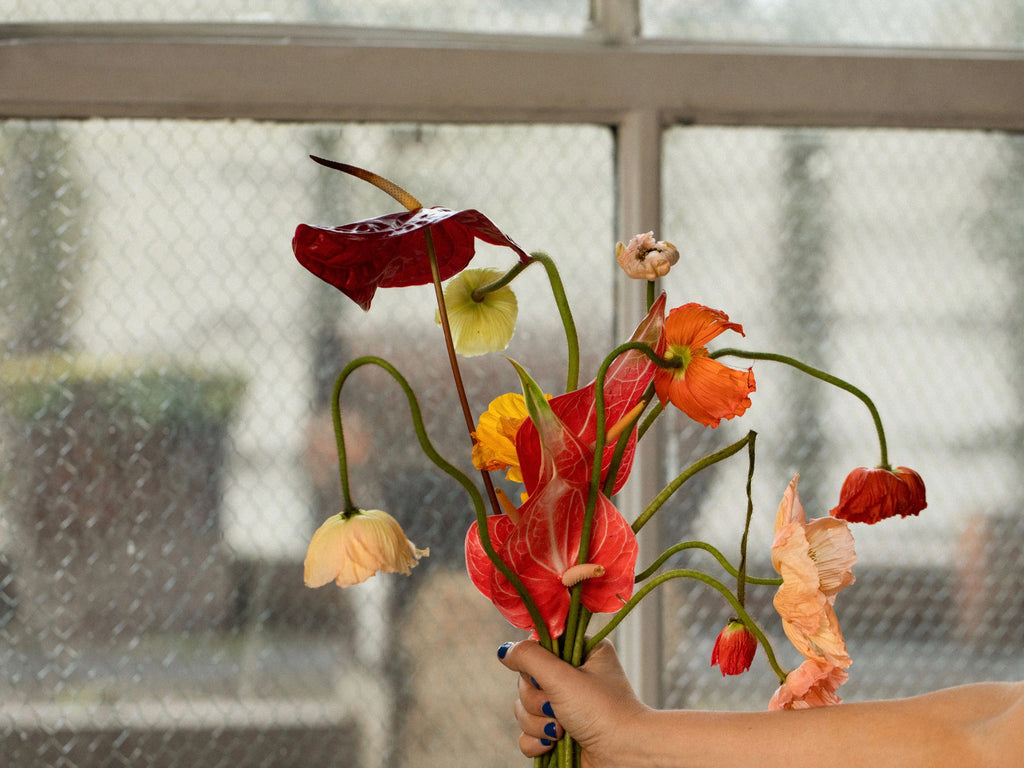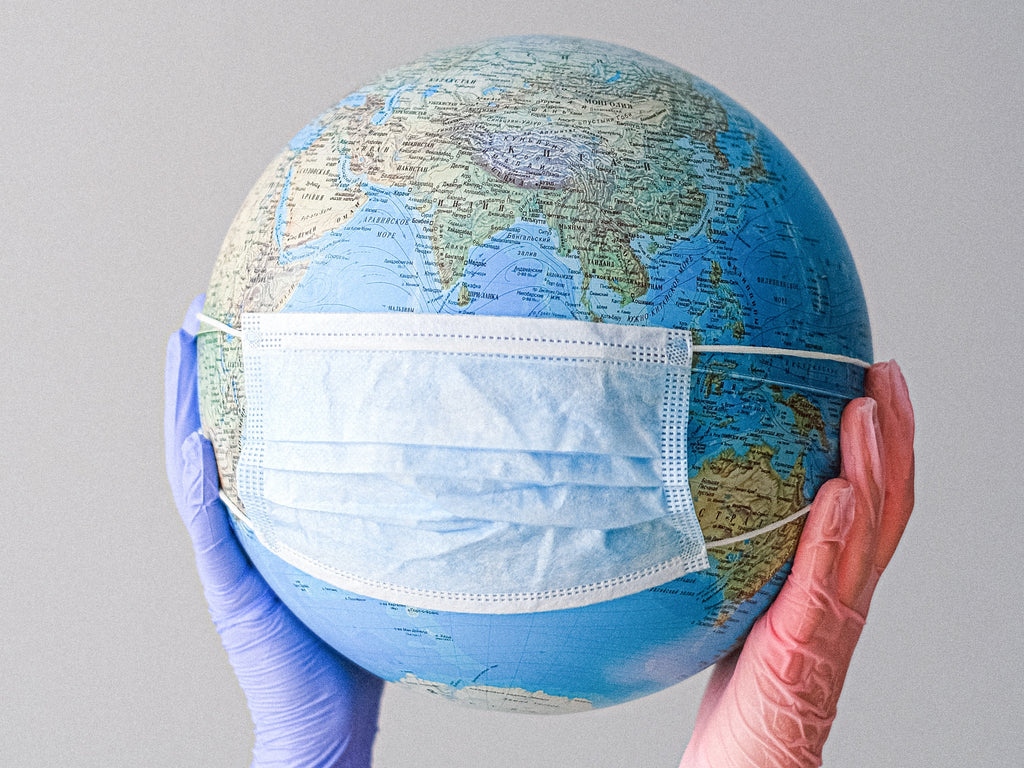Being Sad Doesn’t Mean You’re Ungrateful
Yes, you can be grateful for your blessings and feel sad, angry or anxious sometimes, too.
A few months ago, I was feeling a little down and texted a friend for support. I can’t remember the reason I was upset, but I’m inclined to think I was experiencing a general feeling of dread—this soupy mixture of anxiety, self-loathing, and fear about the future that sometimes descends on me. My friend promptly texted back and told me to think about all my blessings. “You have nothing to be sad about,” she said, and went on to list all of the wonderful gifts that I’ve been given in my life—especially in contrast to her. (I have a boyfriend and she doesn’t; I have a cool job and she doesn’t.) While I appreciated the sentiment, I immediately felt pronounced guilt for wasting her time when I have every reason to be content.
Though my friend’s approach wasn’t helpful (at least not in this instance), preaching gratitude as a cure-all for negative feelings has gained growing traction. In 2015, The Telegraph published a story called “Gratitude: The Latest Self-Help Trend That Could Change Your Life.” There were already 163 gratitude apps and 20,451 books and audio guides available on Amazon at the time, and the trend has continued to explode in North America. Feeling anxious? Write in your gratitude journal! Feeling lost? Breathe deep and list three good things that happened today. Hosting a dinner party? Take a minute to go around the table and give thanks for a blessing.
"There were already 163 gratitude apps and 20,451 books and audio guides available on Amazon at the time, and the trend has continued to explode in North America"
On one hand, I get the appeal. Our increasingly connected world is overwhelmed with tragic headlines, Twitter callouts and Instagram stories begging for donations to the latest disaster. Bad news is everywhere and—if you’re like me—you probably find it hard to stop reading or watching even as you spiral into despair. It’s no wonder that so many people (at the suggestion of their therapist or, perhaps, after reading a puff piece on self-help trends) have turned to gratitude in an effort to remember life’s simple joys and prevent a pessimistic worldview from digging in its claws.
The practice also seems to have proven benefits for physical and mental health. Some researchers have found that gratitude journaling enhances positive emotions and increases self-esteem. It may also have physical perks like reducing blood pressure, improving immune function and increasing exercise adherence. And when it comes to relationships, expressing gratitude to others is key for positive long-term interactions (i.e. thank someone for their time or a job well done and you’ll both feel good about it).
By learning to focus on the positives (the delicious sandwich you just ate) instead of the negatives (the subpar coffee that came along with it), even I believe that you’ll be happier overall. My real problem is when we start to shame other people for their feelings, or insist that gratitude is the cure-all for depression, anxiety, and other mood disorders. It may be one excellent tool, but I’ve struggled with depression for all of my adult life and I know first-hand that people who preach gratitude in the face of hard times are kind of the worst.
"I’ve struggled with depression for all of my adult life and I know first-hand that people who preach gratitude in the face of hard times are kind of the worst"
Believe it or not, it’s possible to be crippled by depression, mourn a death or struggle to pay your bills and simultaneously experience gratitude. You might feel grateful for all of the ways that your life far surpasses your expectations and still have negative feelings about a difficult aspect of your day or year. I’m a young Canadian from a middle-class family with a graduate-level education, a boyfriend, two cuddly little dogs, and few health issues. I’m the luckiest of the lucky in the whole world and I try to practice gratitude every single day. But sometimes, I still get very sad—even depressed. Some days I’m anxious, angry, or worn out. And I’m the rule, not the exception.
Gratitude, and our culture’s weird reverence of it, is a subject I’ve been thinking about a lot. So, it seemed kind of serendipitous when I came across this Instagram post by writer and artist Mari Andrew called “A Note About Sustainable Gratitude.” In a series of slides, she states that it’s only human to experience a range of emotions, sometimes simultaneously and about the same subject.
Here is an excerpt from the post (with punctuation added for clarity):
To be grateful is to live in a state of attentiveness, not a state of bliss, which is why you can be grateful for something and really struggle with many aspects of it.
Often, the things we give the most attention to can cause us the most turmoil. Being annoyed with/irked by/critical of something you’re grateful for is a reasonable way to interact with something you care about.
Our culture gives names and makes space for like three percent of the vast range of complex and overlapping emotions that we experience, and lumps a very basic definition of gratitude into that: The lie that if you’re grateful, you can’t also be defensive/critical/ lonely/exhausted/overwhelmed/in need of a break.
I love this post and that Mari Andrew has reached such a wide audience (1.1 million) with her perspective.
For me, life is about balance. If you only take the time to see the bad in your life, and focus on the ways the world and the people in it have failed you, you will be a very unhappy person indeed. But hard things, sad things, annoying things happen—whether you lose someone you love, scratch your new car or have unresolved trauma in your past. You’re allowed to feel the way you feel and still remain grateful for everything else you’ve earned, or been given along the way.
This post is tagged as:
You may also like...
The Latest
People & Places
How Ara Katz is Redefining “Self-Care” as Rooted in Science with Seed
The co-founder, mother, and self-proclaimed serial entrepreneur unpacks her philosophy on what it means to be well. Ara Katz hates the word “success”. Not because of its listed definition in a di...

Do Good Werk
9 Passive-Aggressive Email Phrases That Are Basically Evil
A Rosetta Stone for every time you want to :’).

Woo Woo
Get to Know Your Astrological Birth Chart
How to find meaning in the stars — and what it means for you.

People & Places
The 5 Best Places In New York To Meet Your Next Investor
Where to rub shoulders with the city's movers and shakers.

Do Good Werk
10 Unhealthy Thoughts You Convince Yourself Are True as a Freelancer
If you work alone, you might be particularly susceptible to distorted thoughts that hurt your mental health.

People & Places
Creating a Conference-Meets-Summer-Camp for Adult Creatives
An interview with Likeminds founders Rachael Yaeger and Zach Pollakoff This past September, I sat in front of an obituary I wrote for myself after a session with a death doula. No, I didn’t know w...

People & Places
When Something Golde Stays: An Interview with Golde’s Co-CEOs
“For us it was never a question,” says Issey Kobori, speaking of the decision to build a business with his partner Trinity Mouzon Wofford. At just shy of 27, Kobori and Wofford have secured a host ...

Better Yourself
Are They Toxic? Or Are They Human?
There’s a difference between putting up boundaries and putting up walls, and the latter is what breaks relationships.

Do Good Werk
How To Combat Seasonal Affective Disorder At Work
Here’s what to do if seasonal affective disorder starts to take a toll at the office.

People & Places
Reclaiming Womxn's Wellness Spaces from a White-Dominated World
How The Villij built a collective that their community can connect to.









